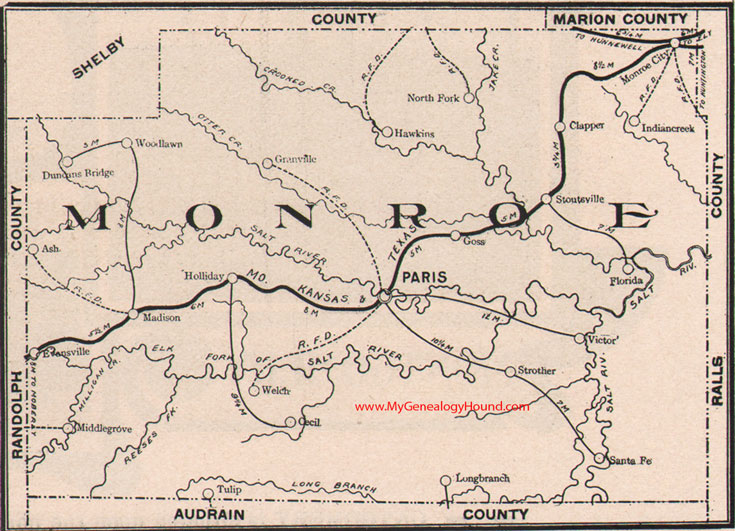 |
Fell's Point, Balitmore, Maryland, as it appeared in 1800.
According to his will, Abraham's property faced
Ann Street and reached back halfway to Argyle Alley |
Schalene Dagutis of Tangled Roots and Trees has initiated a new genealogy project:
The Slave Name Roll Project. It provides a way for genealogists to trace their enslaved ancestors during a time when very little documentation of these people existed. By digitizing and recording information about ancestors who owned slaves, others can help piece together their ancestor's lost stories.
For my first contribution to the project, I chose to write about Abraham Inloes, a collateral relative. I found a transcription of his will in a three-volume family history book about the Inlow/Inloes family, entitled
In Old Kentucky, A History of My Forbears.
Born about 1736, Abraham Inloes was the grandson of a Dutch immigrant. He lived in Fell's Point, Baltimore, Maryland and was one of the first in his family (if not the first) to own slaves. Fell's Point is the oldest neighborhood in the city of Baltimore. During and after the Revolutionary War, it became one of the leading harbors in the country. Between 1774 and 1821, over 800 ships were constructed at the Fell's Point shipyards. In 1835, Frederick Douglass, while still enslaved, worked for a ship builder in Fell's Point. It was here that he taught himself how to read and write, by copying and memorizing the letters with which the shipyard men labeled boards.
On December 28, 1790, Abraham Inloes died. He was about 54 years old. The following is a portion of Abraham's will, dated November 18, 1790.
I give and bequeath unto my Loving Wife [Elizabeth] all my negroes to wit Negro Joshua, Sarah, Thomas, and Ann with their increase to her, her heirs and assigns forever, as it was my Intention to have Manumitted my negroes aforesaid, but by my present Indisposition hinders the same. I have given them to wife to do with them as she pleases, Yet having confidence in her that she will by a sufficient deed of Manumission make them free after my decease, and I look upon them as making no part of my Estate. My Will and desire is that if any of my children hereafter named should or shall hereafter lay any claim to them or any part of their appraisement or by suit or other ways disturb my wife or my Executor or the Slaves themselves in claiming them or any of them or any part of them, then it is my will that such child or children shall take no part in my Estate hereinafter bequeathed unto them and that their part, his or her part so offending shall be divided amongst my other children who obey, and keep my Will.
Further on, Abraham lists his ten children by name: Anthony, Abraham, Elizabeth, Joshua, James, John, Eleanor, Temperance, William, and Margaret. It seems that in his later years he firmly believed that owning slaves was wrong, since he threatened to disinherit his children if they tried to contest his will. I don't know what actually happened to Joshua, Sarah, Thomas, and Ann after Abraham Inloes died, but I hope they were given their freedom.




